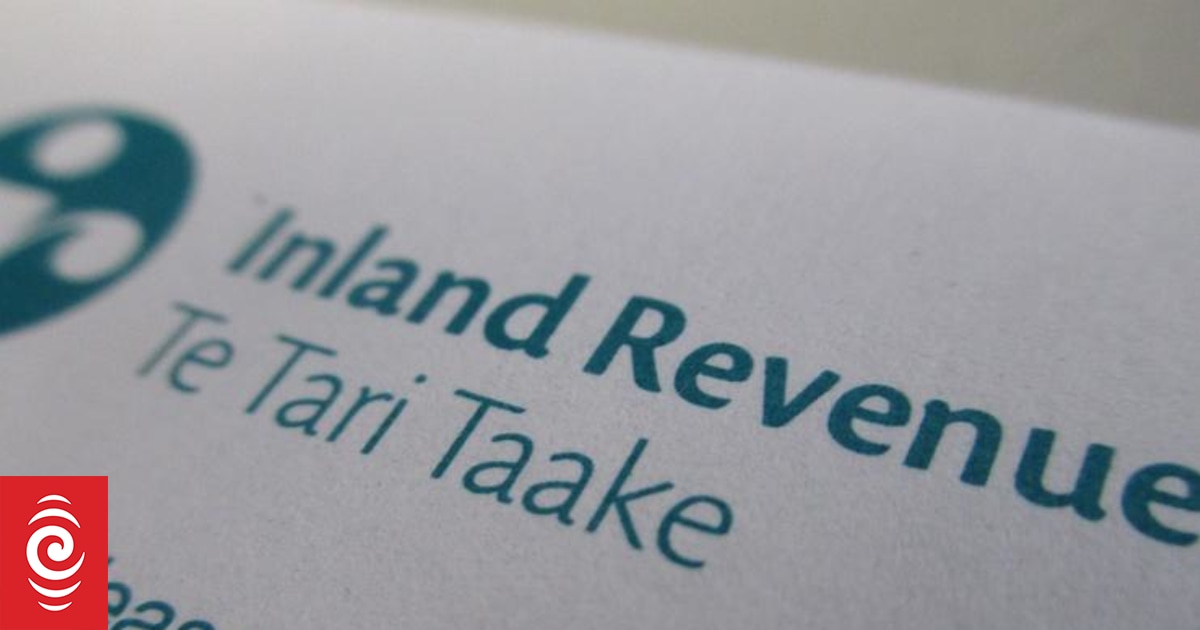Some companies have used Inland Revenue as a bank of last resort, when they struggle to pay GST or PAYE.
Photo: Supplied
Credit agencies will be told about companies with problem tax debt, which one expert says could help other creditors identify “zombie companies” before they collapse.
Inland Revenue will remove internal restrictions that prevented it from providing information to credit-reporting agencies about company tax debts.
It has also announced a wider project aimed at chasing overdue GST and PAYE that is less than a year old.
“The continued growth in the tax debt has been a growing problem, and the evidence of many zombie companies – with large tax debts when they are liquidated – has been growing from numerous mentions of the large tax amounts owing when these companies go under,” Deloitte partner Alan Bullot said.
He said it seemed some companies were using Inland Revenue as a bank of last resort for financing, when they had trouble paying GST or PAYE.
“I don’t think people are aware of the potential problems that can create for them down the line.
“We consider it is very likely that none of the companies that have failed owing large tax debts recently had their information passed on to the approved credit-reporting agency, despite the existing legislative powers.
“These latest Inland Revenue announcements show that Inland Revenue has started to take this seriously and any company that does have tax debts needs to take steps to deal with them. They will not be able to just wish them away.”
He said legislation was introduced in 2017 that was intended to give Inland Revenue the power to notify credit agencies, if a company had significant amounts of unpaid taxes.
“However, the additional internal policies that Inland Revenue put in place around the legislation resulted in the powers being very difficult to use in practice and they have only been used fewer than 20 times since 2017.
“In that time, the total outstanding tax debt has gone from $3 billion to $9.3 billion, as at 31 March 2025, and we expect it is closer to $10 billion now.
“It is almost as if Inland Revenue tied their own hands behind their back and have now decided to untie their hands. While there is a need to balance a taxpayer’s right to secrecy and other businesses’ right to know they are not trading with a company that has significant tax debts, we think the balancing of these interests has favoured taxpayers with tax debts too much.
“These Inland Revenue announcements are a good first step to rebalance these points, but more may will be needed.”
He said the department would worry about the potential fallout, if it inaccurately reported debt to a credit agency, but could probably be relied upon to get it right.
Bullot said Inland Revenue owed it to all the businesses that did comply with their tax obligation to provide information about the potential tax credit risks of those that did not.
“If a business engages with Inland Revenue about their tax debt and enters into payment arrangements with Inland Revenue, then the credit-reporting agencies would not be notified.
“This means companies with tax debts can’t just ignore the Inland Revenue and need to pro-actively manage their situations. Unfortunately for some businesses, this may mean facing up to some harsh truths about the ability of the business to keep trading.
“As sad as this may be, hopefully, this would protect other businesses that are viable from becoming collateral damage, due to the trading credit they advance to zombie companies with large tax debts.”
He said no-one wanted a business to fail, but there was often collateral damage.
Inland Revenue ranks as a preferential creditor, when companies go into liquidation, which means its bills are paid before others, such as customers.
Bullot said that meant it had an obligation to ensure that it kept tax debt in check, and did not allow penalties and interest to push up the amount it could collect ahead of other creditors.
“If Inland Revenue have let the tax debt grow by letting people lodge GST returns, PAYE returns and not pay it for a long period of time, there kind of almost needs to be a ‘quid pro quo’ that, if they’re not going to be sharing the information of the outstanding tax debts with the wider community, then they should also lose their preferential creditor rights.”
Sign up for Money with Susan Edmunds, a weekly newsletter covering all the things that affect how we make, spend and invest money.

